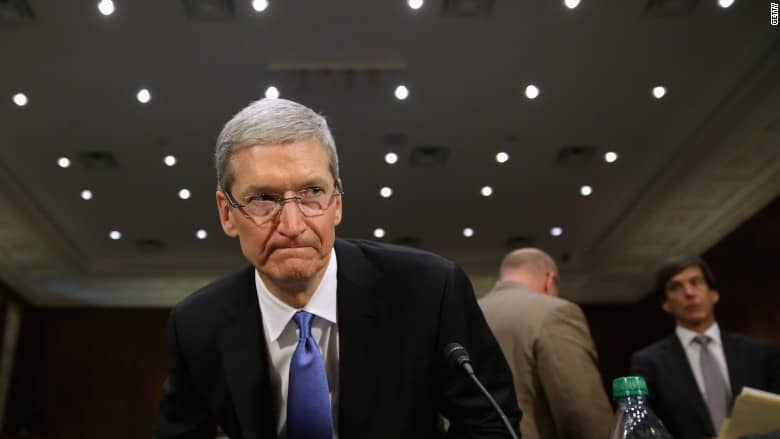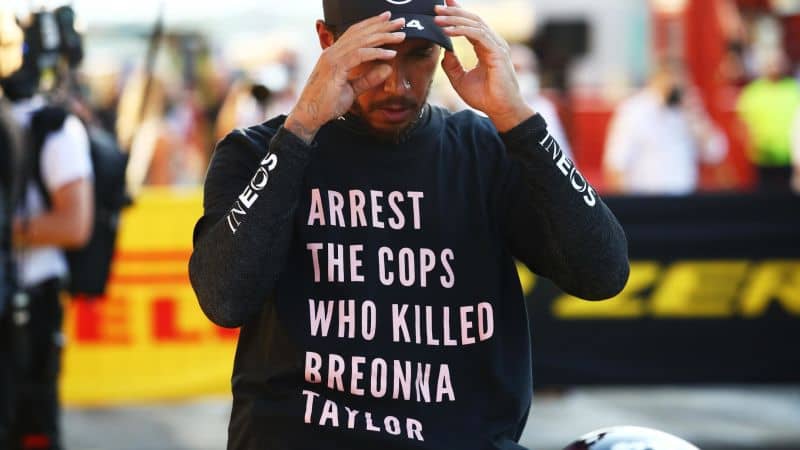Putin made the comments when meeting Chinese leader Xi Jinping in person for the first time since the invasion at a regional summit in Uzbekistan, days after Russia suffered a series of

The White House says it “remains to be seen” whether Russian President Vladimir Putin will ultimately face justice for alleged war crimes after the International Criminal Court issued a warrant for his arrest Friday, but the US will continue to help Ukraine document Moscow’s misdeeds.
“We’re going to stay committed to helping Ukraine as they document and analyze and preserve the kinds of evidence of the war crimes, the atrocities, the crimes against humanity that have occurred inside Ukraine at the hands of Russian forces,” National Security Council Coordinator for Strategic Communications John Kirby told CNN’s Jake Tapper on Friday.
The United States does not recognize the ICC, but Kirby said the US is “not going to back off our belief that accountability for these war crimes has got to be had, however long that takes.”
Kirby said the US wants to see “any perpetrators of war crimes held to account,” but he declined to say if US President Joe Biden would tell law enforcement to arrest Putin if he came to the US. He said it was “very, very unlikely” the Russian leader would travel to the United States.
Asked if the US would ask other countries like Israel or India – who also do not recognize the ICC – to arrest the Russian leader, Kirby said it would “have to be sovereign decisions those leaders make.”
Remember: Russia also does not recognize the ICC, and the court does not conduct trials in absentia, so Putin would either have to be turned over by Moscow or arrested in a foreign country for him to face charges from the court.
Moscow’s ties to Beijing: Tapper also asked Kirby if there was any intelligence indicating China has decided to give Russia weapons to help with the country’s assault on Ukraine.
“We don’t believe that they’ve taken it off the table still, but we also don’t see any indication, any confirmation, that they’re moving in that direction or that … they have sent lethal weapons,” Kirby said.
“We don’t think it’s in their interest. It shouldn’t be in anybody’s interest, quite frankly, to help Mr. Putin continue to slaughter innocent Ukrainians,” he added.
Chinese leader Xi Jinping will fly to Moscow next week to meet with Putin in his first visit to Russia since Putin launched his devastating invasion of Ukraine more than a year ago.
The visit will be seen as a powerful show of Beijing’s support for Moscow in Western capitals, where leaders have grown increasingly wary of the two nations’ deepening partnership as war rages in Europe.
CNN’s Nectar Gan and Anna Chernova contributed to this report.
Don't Miss
Apple CEO Tim Cook wants the tech industry to take action against “fake news” stories that are polluting the web.
CNN — Lewis Hamilton says he remains undeterred in his fight against racial injustice. His comments came as the FIA,
CNN — Winning tennis matches hasn’t been Emma Raducanu’s only concern lately – staying injury free has become tricky for
“We highly appreciate the balanced position of our Chinese friends in connection with the Ukrainian crisis. We understand your questions and concerns in this regard,” Putin said in an opening speech of the meeting. “During today’s meeting, of course, we will explain in detail our position on this issue, although we have spoken about this before.”
The two authoritarian leaders have emerged as close partners in recent years, propelled by growing conflict with the West and a strong personal bond.
China has offered tacit support for Russia’s actions in Ukraine, while Moscow has backed Beijing and criticized Washington over US House Speaker Nancy Pelosi’s visit to Taipei in August. Beijing responded to her trip with unprecedented military drills around the self-governing democratic island, which it claims as its own territory.
In their meeting Thursday, Putin condemned the United States for what he said were “provocations” in the Taiwan Strait, and criticized what he claimed were attempts to “create a unipolar world.” Those attempts, he said, have “recently taken an ugly shape and are absolutely unacceptable to most states on the planet.”
The two are holding talks on the sidelines of a summit of the Shanghai Cooperation Organization, a regional security-focused grouping that also includes India, Pakistan and four Central Asian nations.
In a symbolic show of force and unity, Russian and Chinese navies conducted joint patrols and exercises in the Pacific Ocean just hours before their leaders’ meeting, according to Russia’s Ministry of Defense.
At the start of the meeting Thursday, Putin stressed the deepening economic ties between China and Russia, noting bilateral trade exceeded $140 billion last year. “I am convinced that by the end of the year we will reach new record levels, and in the near future, as agreed, we will increase our annual trade turnover to $200 billion or more,” he said.
Putin last met with Xi during a visit to the Chinese capital for its Winter Olympics in February this year. It was at that meeting that the two leaders framed their “no-limits’ partnership, and released a 5,000-word document voicing their shared opposition to the “further enlargement of NATO.”
For Xi, meanwhile, Thursday’s meeting comes as part of his first trip outside of China’s borders in more than two years, and just weeks before he seeks to secure a norm-breaking third term at a major political meeting in Beijing — a move that will cement his status as China’s most powerful leader in decades.
China has turned increasingly inward since the beginning of the pandemic, and continues to maintain a strict zero-Covid policy that limits outbound travel.
Xi’s trip to Central Asia is a return to the world stage and offers him an opportunity to show that despite growing tensions with the West, China still has friends and partners and is ready to reassert its global influence.
In a meeting with Kazakh President Kassym-Jomart Tokayev on Wednesday, Xi said China would like to partner with Kazakhstan to “remain pioneers in Belt and Road cooperation.”
Xi also told Tokayev that “China will always support Kazakhstan in maintaining national independence, sovereignty and territorial integrity,” Chinese state media reported.
The Chinese leader traveled to Uzbekistan on Wednesday evening and met with Uzbek President Shavkat Mirziyoyev. He also met the presidents of Kyrgyzstan, Tajikistan and Turkmenistan Thursday.
Don't Miss
Editor’s Note: Monthly Ticket is a CNN Travel series that spotlights some of the most fascinating topics in the travel
US national security adviser Jake Sullivan confirmed Sunday that the US will allow European countries to start training Ukrainian fighter
A view of the Kremlin in Moscow, Russia, on September 19, 2021. (Alexander Nemenov/AFP/Getty Images) Senior Russian officials at the










